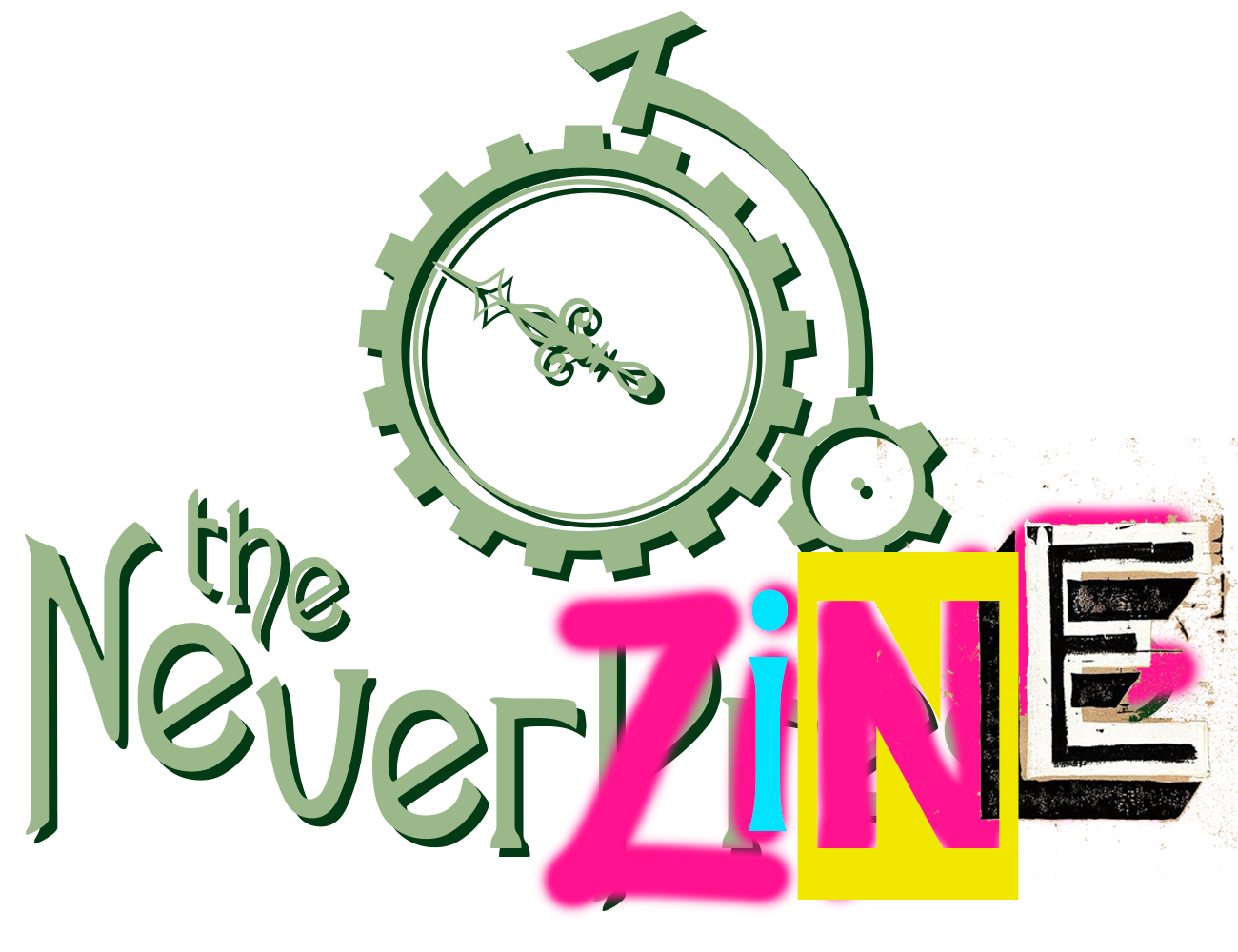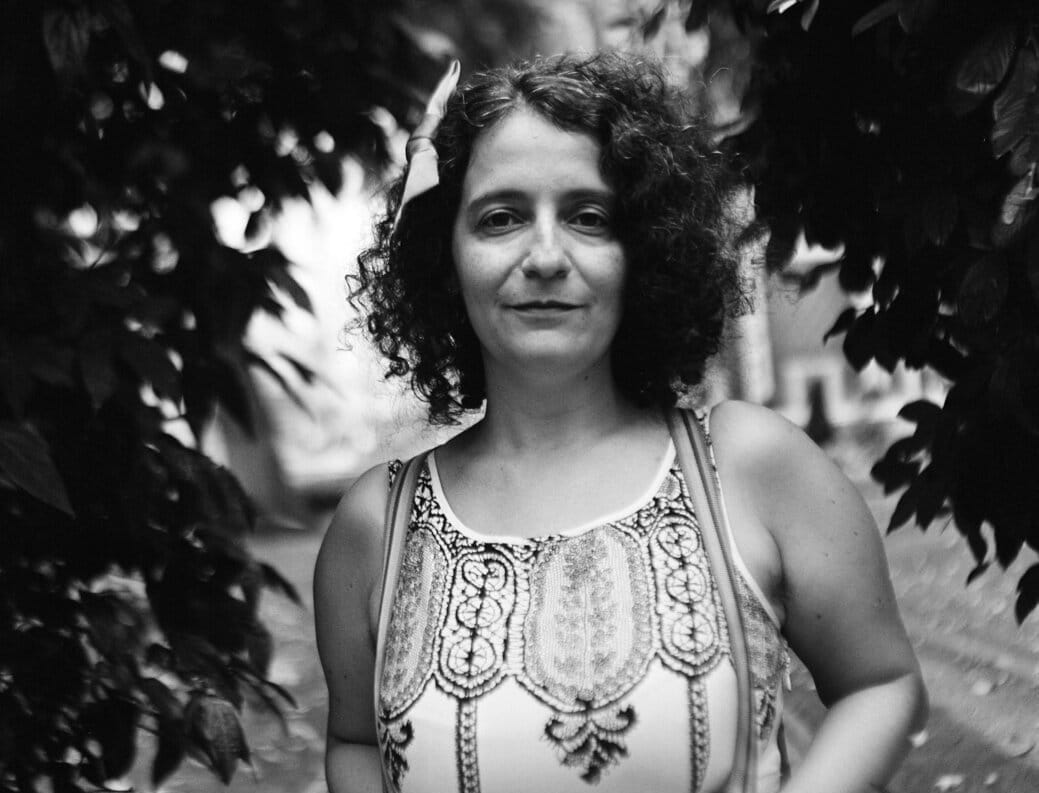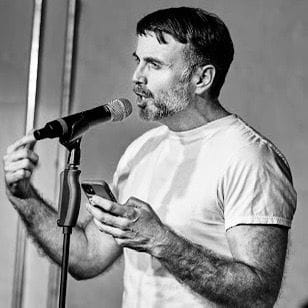When one meets Laurie, it’s impossible not to be struck by her authenticity and vulnerability – she's someone who is in full grasp of her honest self. We first met at a Sober AF Poetry night and Laurie’s stage presence was simultaneously gentle and fierce. It takes real courage to write and share deep personal experiences in front of a group of strangers. Though, in doing so poets become your friends and part of your healing journey and I really felt that in the room as Laurie spoke. She introduced me to Andrea Gibson's work, and I quickly became a fan. I was so sad to discover they had passed this year, what a talented light to lose so young. “Every day is a great day to hatch wonder” is a line from their poem, The Birds Wrote Me a Poem which Laurie shared with me. I carried that into our portrait shoot together and it was a beautiful couple of hours. When I sent Laurie the photos she replied “they look like meeeee” and really, that meant the world to me. - Tim Foley, Founder, Write Speak Recover
Please be mindful WSR content can be thematically sensitive.
Laurie Farrugia
My name is Laurie and I’m a poet and a storyteller. I’m queer, neurodivergent and polyamorous. And I have big fucking feelings. I’ve been a writer for as long as I can remember, but I didn’t feel confident enough to call myself that until very recently.
There are two other things you should know about me:
The first, is my autism diagnosis. Growing up, I always felt like my heart was too big for this world. I could never figure out how to fit in, how to love other people, or how to feel normal. Realising that there was an explanation for so many of the difficulties I’d encountered in life was a huge turning point for me. I’ve been slowly stripping away layers and layers of guilt and shame about my own experience of the world. This has been a huge part of my healing journey.
The media will have you believe that autistic people lack empathy. And look, as the saying goes, if you’ve met one autistic person - you’ve met one autistic person. But the truth is that autistic people are some of the most caring humans I’ve ever met. And my big heart? It’s not a defect. It’s a gift. It took me way too long to understand this.
The second is that I have complex trauma. What that means is that I grew up in a home with an emotionally volatile parent whose anger shaped my entire childhood, and my nervous system. I still get vivid emotional flashbacks from that time, which can be both physically and emotionally debilitating. I only started to un-peel the layers of fear and shame I’ve been feeling my whole life when I turned to therapy at age 32. And at the heart of all this pain, I found so many versions of myself at a younger age who desperately needed love and care. Eventually, I learned why the experience of my childhood led me to make choices in my romantic life that repeated the same patterns.
I think inner parts work is the key to everything good in this world. Sitting in my childhood bedroom with my 12-year-old self and telling her I’m sorry she's in pain, has done more for my healing than I could have dreamed of. I’m a huge advocate of relational healing - we are not supposed to do it alone. And I think we can build deeper relationships with ourselves alongside that. Really, I’m just trying to become my 6-year-old self again - a sassy girl who shamelessly pretended to be a news reporter to the family cam-corder. She’s really fucking cool, and I love her with my whole heart.
Homecoming
I keep trying to write poems about love
and finding myself
down on my knees, praying to a god
that I don’t believe in.
I could pretend I don’t care.
And sure, I used to.
I didn’t used to need anything.
I went along with everything.
I never allowed myself to feel
even one tenth of my emotions.
And still, they devoured me whole.
Now all I want,
is to reach back in time
to my 12-year-old self
and make her feel safe.
She’s the bravest person that I know.
Full of love, joy and wonder.
Wise, soft and tender.
She wants to save everyone
almost as much as she wants to be saved.
But now I know that I need to be the one
who saves her.
I want to take her home.
A gentle summer breeze blowing in.
A house big enough for my joy, her anger,
our devastation.
A monument to everything we’ve lost
and everything we have rebuilt.
A home for me
A home for her.
A home for us.
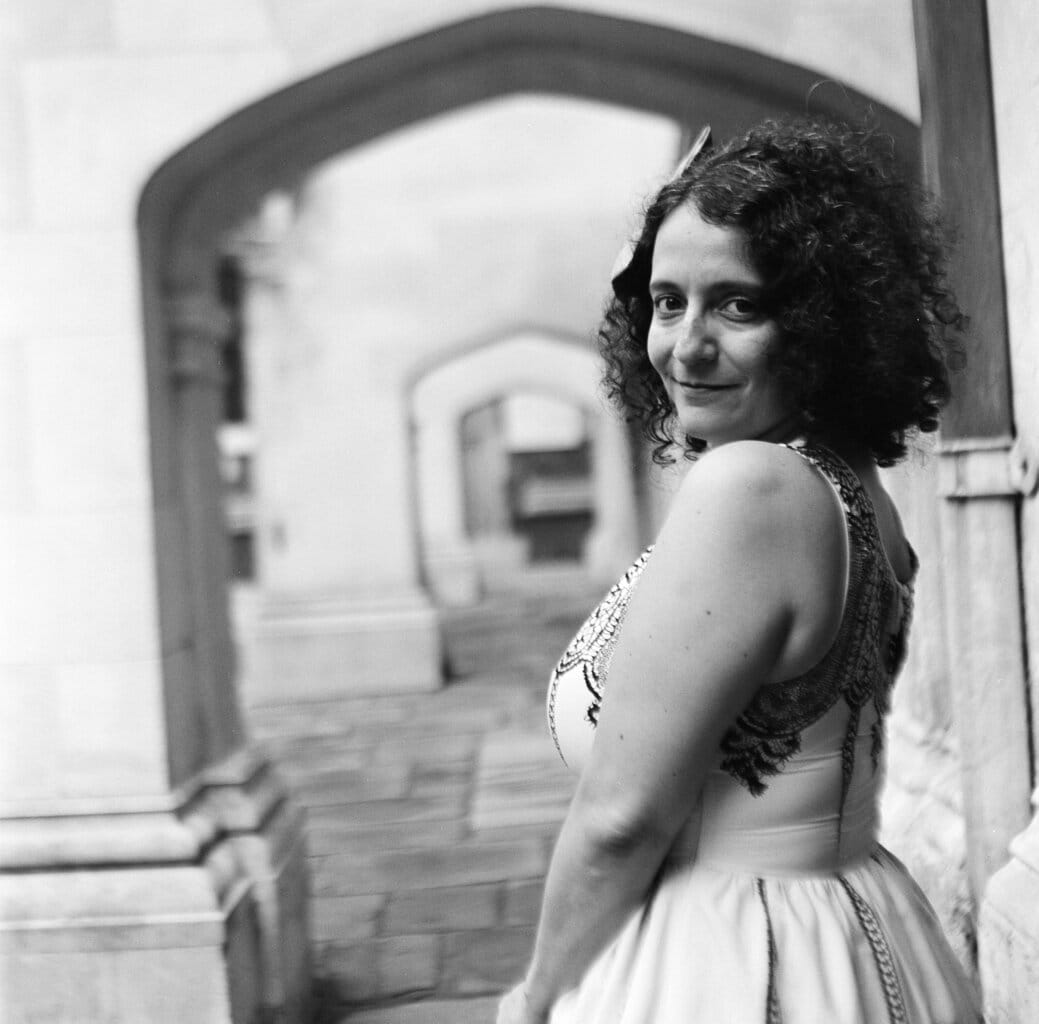
On writing
When I was younger, I used to write a lot to process my emotions. By the age of 16, I’d written dozens of poems and thousands of words of fan fiction. Writing kept me sane while I was trapped inside the house I grew up in. When I got into my twenties, I’d finally left home, but everything still felt so fucking hard. The more the world got me down, the more I struggled to stay in touch with my creativity. It felt easier to shut it all down. As this was happening, I also started working in the scripted TV industry. Although I didn’t realise it at the time, being involved in the editorial process made it really hard for me to let myself be creative without worrying about the quality of my work.
Things changed when I went to therapy at age 32. I started to uncover all the emotions I’d tried my hardest to bury all my life. They felt like an iceberg of loneliness. But the more I learned to feel my feelings, the more I felt called to create again. I ended up performing burlesque for a few years. I would do these very personal and political acts where I told stories about the various journeys I’ve been on - with s-x, with my queerness, with body image. Stepping into my light (quite literally) and being heard and seen by so many people was so healing and freeing.
Not long after this, my romantic partner at the time threw all my careful healing into the fire. I thought I’d chosen to love someone who was helping me break the cycle of my childhood - but in many ways, it was much worse. My partner’s lies completely upended my sense of reality and my ability to trust myself. It was a complete unravelling of my sense of self. I had so much pain to process that writing in my diary didn’t seem to work anymore. My emotions were so big, and so debilitating, that I couldn’t write fast enough to capture them. So I started writing poetry again.
In the last two years, I’ve written almost 150 poems. At first, they were mostly about that relationship. But as I kept peeling every layer of healing, I started to write about more things. The state of the world, my friendships, my family, grief, sex, my career, dating again - you name it.
Poetry is a huge part of how I process my emotions now. Usually, I feel a tingling in the back of my brain and a light pressure in my chest, and then the poem pours out of me. Often I get a line stuck in my head first, and then I build and write around it. I tend to edit as I go, but I also love putting the poem away for a day or a week, and going back to it with a fresh pair of eyes.
Writing poetry allows me to connect to the parts of me that need the most attention and the most love. My 12-year-old self sobbing in the bathroom. My 14-year-old self standing very still while the house erupts with my dad’s anger. I always struggled to access these parts of me in therapy, but somehow in the poems I write, I bring all these versions of us to life and we heal together. With every poem, I get closer to all my little ones and gently reparent them.
This has opened the door to me giving myself the tenderness and care that I’ve craved my whole life.
Favourite poets, poetry nights, books or other resources:
The late Andrea Gibson is my all time favourite poet. Their approach to love and vulnerability quite literally changed my life. I spent much of the last few years reflecting on a line in one of their poems that goes “what love can I make of this loss?”.
It speaks to what I’ve tried to do with my childhood trauma and relational trauma. My trauma didn’t make me strong — it just made it really hard for me to live inside my own head and my own body. But the question of turning loss into love… it encouraged me to become even softer. And the softer I get, the more in touch I am with the parts of me that need love and attention. And Soft Laurie? She’s a badass who’s building community and helping people learn the magic of vulnerability.
I also adore James A. Pearson and Mary Oliver. Oh, and I’ve read Richard Siken’s “A Litany in Which Certain Things Are Crossed Out” literally hundreds of time.
Sober AF poetry, where I met you, Tim, remains my favourite poetry night I’ve been to. There’s something about the healing that sobriety demands, that creates a space where everyone is so raw and real, and that is magical and an act of healing in and of itself. And, it’s totally my vibe.
I spent all my formative years hiding my pain. Now I just want to be surrounded by people who want to share and heal together.
Final Thoughts
I feel incredibly strongly about building community and creating spaces that foster vulnerability and meaningful connections. I run a social called Big Feelings ENM, which does this for ENM folx. In my capacity as a Creative coach, I also offer 1:1 support for creatives with big feelings and busy brains, as well as events and workshops.
And, to close, Andrea Gibson, The Birds Wrote me a Poem
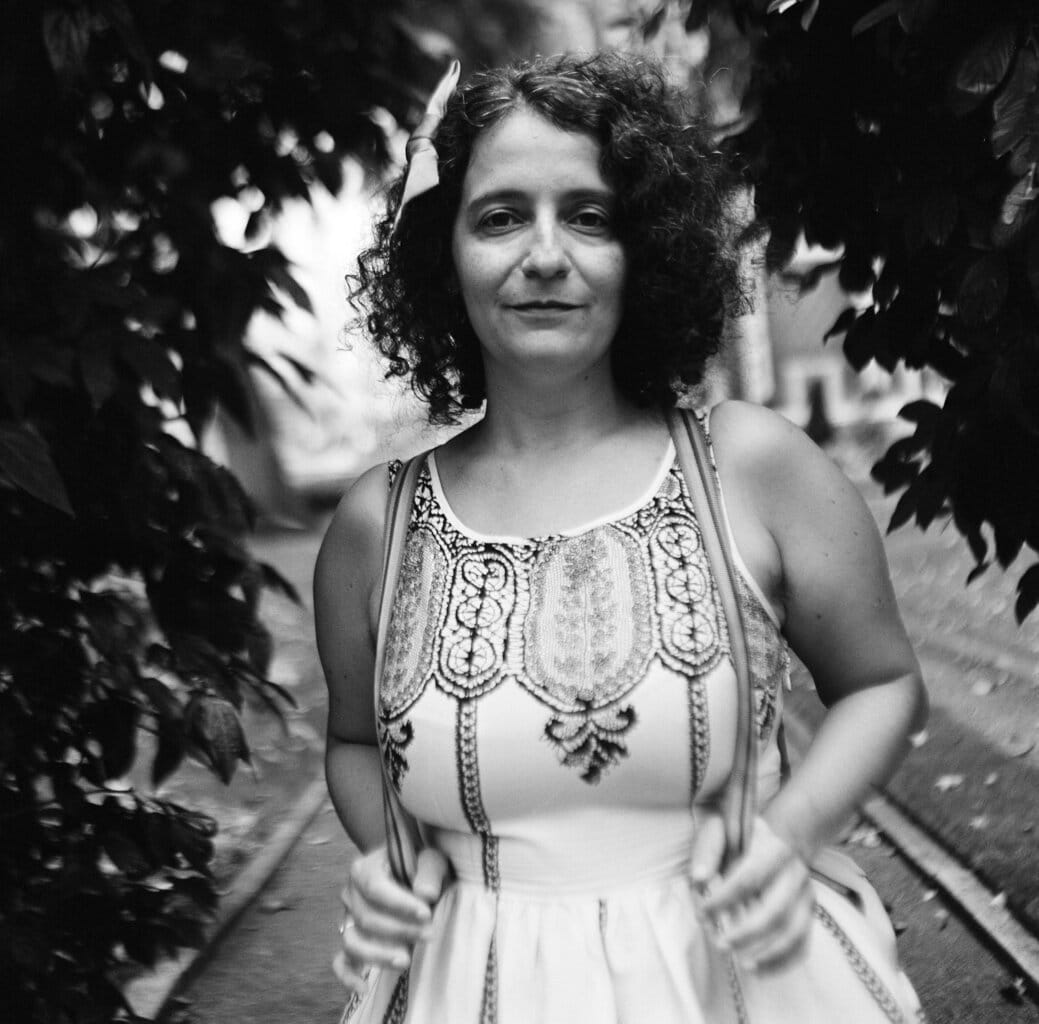
Write Speak Recover, in collaboration with TheNeverPress is an open, free collection of original portraits of poets using their art to find strength in their recovery journey from any form of dis-ease.
We invite you to follow Write Speak Recover on Instagram and to reach out to Tim Foley at WSR or us directly at the zine to learn more, or put yourself forward to be featured in this initiative.
Hit the logo for more Write Speak Recover content 👇
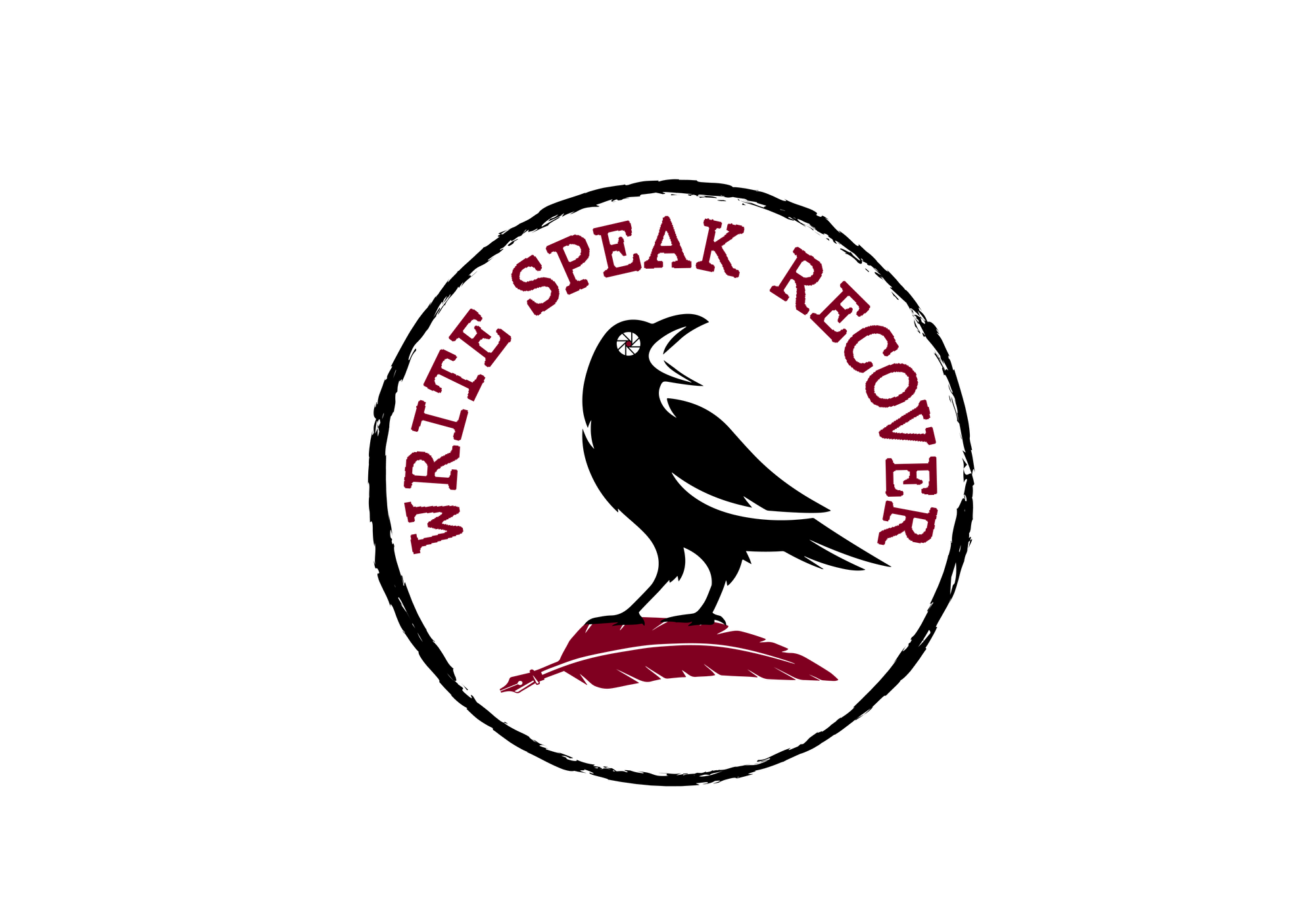
If you need support, here are some resources:
Samaritans
Alcohol Change
Recovery Dharma
Alcoholics Anonymous
Be kind. Stay present. One moment after the next.
This article was put together by Tim Foley, the WSR contributor, Graham Thomas and Rosie Cook.
PS - Don't forget to subscribe below for more content from TheNeverPress 👇
